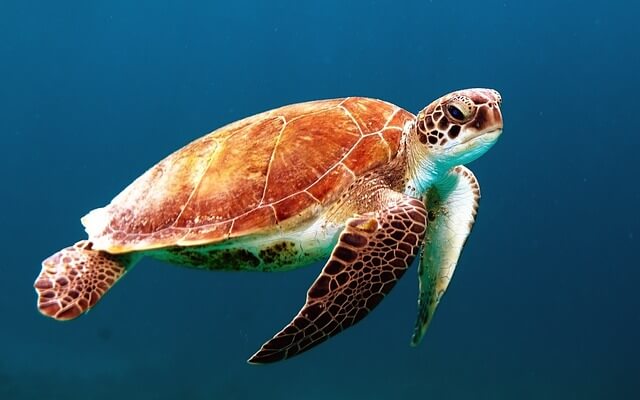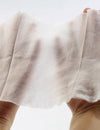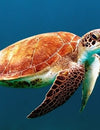
By Jared Boles, for Plastifree™
Recently published observations from a team of researchers at the University of Georgia and the Loggerhead Marinelife Center conclude that micronizing plastic particles, the result of plastics degradation, have raised the previous sea turtle mortality rate up to ten-fold. According to Branson W. Ritchie, a veterinarian with more than three decades of experience in exotic wildlife medicine and the Director of Technology Development & Implementation for the UGA New Materials Institute, this is a startling indicator of overall oceanic decline. “We may be in the early phases of the first micronized plastic waste-associated species population decline or extinction event...But, an even bigger issue is what micronizing plastics are doing to the ocean’s ecosystem. As ocean plastics continue to micronize, smaller and smaller particles are being consumed by the smallest creatures in our oceans, which compromises the entire food chain, because the plastic in these animals inhibits their ability to uptake the nutrients they need to survive. If the level of mortality we have observed in post-hatchling sea turtles also occurs for zoo plankton, baby fish and crustaceans, then we will witness a complete disruption in our ocean life cycle.” If current projections are correct, and there will indeed be more plastics by weight than fish in the ocean by 2050, we may indeed be looking at the beginning of a massive oceanic extinction event.

For their research, 96 post-hatchling sea turtles found washed ashore along the coast between Florida's Vero Beach and Lake Worth, just south of the Archie Carr National Wildlife Refuge, were collected for rehabilitation. This area is of great importance to the Atlantic sea turtle population as Florida hosts over 90% of all loggerhead nests and Archie Carr is the largest rookery in the U.S. for both loggerhead and green turtles. Of the 96 young turtles treated, every one passed at least some amount of plastic and over half eventually died. Of the dead, 27 were studied in autopsies which found 93% of the bodies to still contain plastic. The team concluded that many of these turtles died from internal blockages and nutritional deficiency due to plastic ingestion. Samantha Clark, co-author and licensed veterinary-tech who helped care for the turtles explains that "sea turtles are known to mistake ocean plastics for prey, like crab or fish eggs, or in the case of larger sea turtles, floating plastic bags for jellyfish.”

Study co-author Charles Manire, veterinarian and Director of Research and Rehabilitation at Loggerhead Marinelife Center explained what continued plastic waste consumption means to long term sea turtle survival; "Our findings suggest that far fewer post-hatchlings may be surviving long enough to reproduce. This has devastating implications for the seven species of sea turtles struggling to survive...If other sea turtle populations are experiencing similar mortality rates, we predict that there will be insufficient numbers of sea turtle hatchlings reaching sexual maturity to offset natural and other human-associated losses.” In fact, past researchers concluded that only one out of 1,000 sea turtles reached full maturity, but in this age of plastic saturation, some are suggesting that number has climbed to 1 in 10,000. Clearly, if we don't take responsibility for our future, and make the changes necessary to end plastic pollution, we will almost surely lose all of them.
Read the whole article here, from the source!
"Micronizing ocean plastics threaten sea turtle populations, ocean life cycle"
(University of Georgia, 2018)
Support the Loggerhead Marinelife Center, Click Here!









